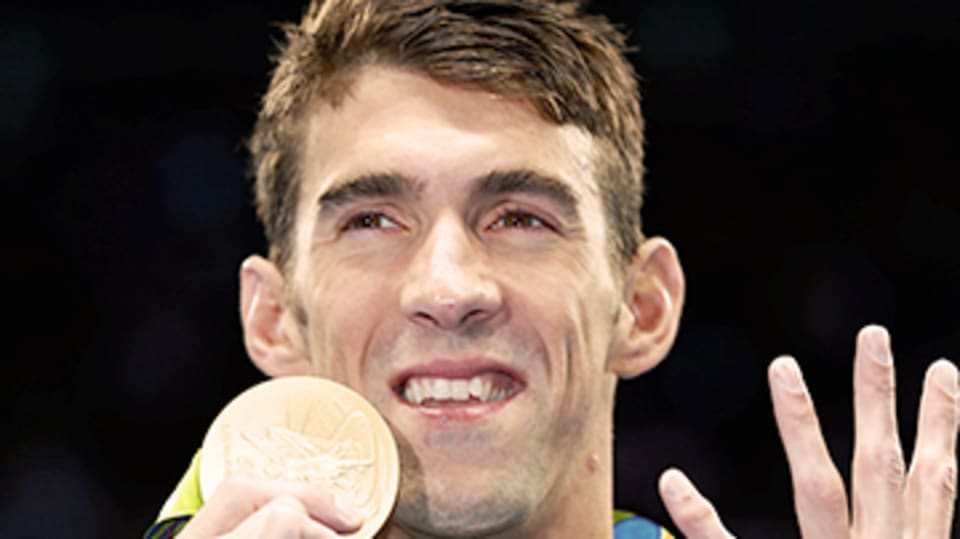Michael Phelps' 10000 calories diet: What the American swimmer ate while training for Beijing Olympics?
Know the extraordinary diet behind the swimmer's remarkable success

Michael Phelps is the most decorated Olympian of all time. He has won 28 medals across four editions of the Olympics. He holds the record for most Olympic gold medals (23), Olympic gold medals in individual events (13), and Olympic medals in individual events (16).
At Beijing 2008, the 'Baltimore Bullet' won eight gold medals and broke Mark Spitz's 1972 record of seven golds at a single Olympic edition. After his stupendous success in China, he made the headlines when he revealed that he used to consume 10000 calories in a day.
What did Michael Phelps eat for breakfast, lunch, and dinner?
For breakfast, he had three fried egg sandwiches, with cheese, tomatoes, lettuce, fried onions and mayonnaise, followed by three chocolate-chip pancakes. That was not all, after sandwiches and pancakes, it was time for a five-egg omelette, three sugar-coated slices of French toast, a bowl of grits, and two cups of coffee to wash down everything.
However, on the way to training if he felt like having anything more he would stop and have a go.
For lunch, he would have half-kilogram of pasta, two large ham and cheese sandwiches on white bread smothered with mayonnaise, and another set of energy drinks.
Whereas for dinner, add a pound of pasta with carbonara sauce, a large pizza, and energy drinks.
This would make up around 10,000 calories a day which should ideally feed five average men a day!
Eat, sleep and swim, that's all I can do," the US swimmer told NBC, after winning his 11th Olympic gold.
How many hours did Phelps train?
Phelps would train almost six hours a day, 365 days, to burn off those calories.
Even during competitions, he would stick to this diet so there would be no glycogen depletion - the result of not getting enough carbohydrates. Often athletes struggle to reach their personal best, as they are not getting enough carbohydrates and that's what the muscles need for food.
The demanding schedule of heats, semi-finals, and finals, in multiple events, often leave the athlete gasping for energy, but Phelps who weighed 85kg in 2008, would always be on top of his game.
It was even rumoured that Phelps would go on to take 12,000 calories a day, which he debunked in his autobiography No Limits.
"It’s just not true. Maybe eight to ten thousand calories per day," he wrote.
Before the Beijing Olympics, he was spotted at a Chinese restaurant and he then commented, "I don’t cook — at all.
“I was told that I was supposed to eat between eight and 10,000 calories a day. I just sort of try to cram whatever I can into my body. It’s pretty much whatever I feel like eating, I’m going to eat," he stated to NBC TV.
In spite of this, Phelps had just 8 per cent body fat as he burnt 1000 calories per hour during his training. His muscle-intensive physique and his metabolism converted food into energy much faster than that of an average man.
And Phelps, who won the 400m medley, 200m freestyle, 200m butterfly, 4x100m free relay, 4x200m free relay and the 200m medley in world record times, is no average man.
